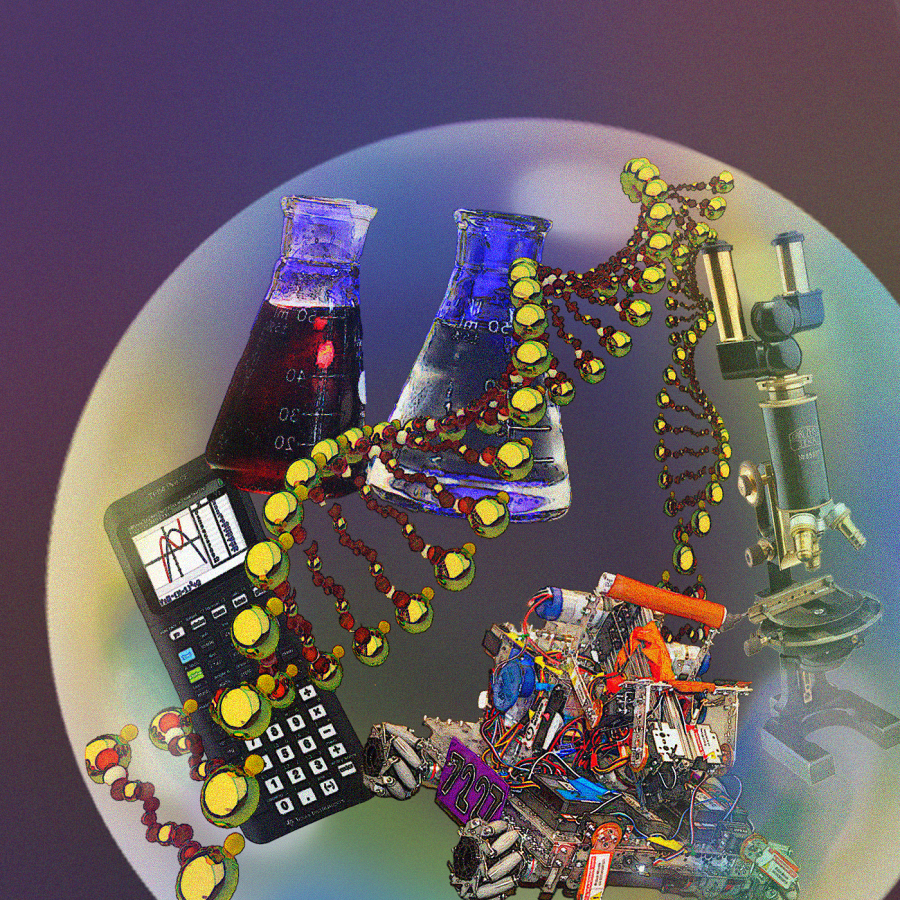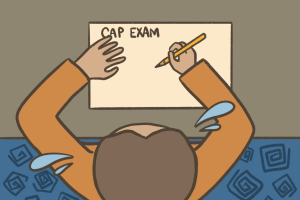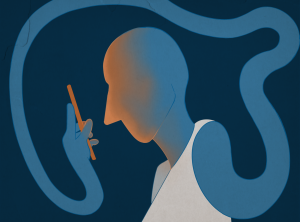Leaving the STEM bubble
February 7, 2023
I can recall the first time my dreams were slighted. My class was learning about different professions at a job fair, and our homework was to come up with future careers we might want to enter. I listed things I thought would be fun — creative fields, like photography and design. My father, returning from his computer science job with a badge hanging around his neck and bags hanging from his eyes, took one look at my list and said, “Everybody has an art degree.”
I was nine years old.
Unfortunately, this is an all-too-common experience for many kids whose parents emphasized the importance of science, technology, engineering, and mathematics (STEM). This logic is not misplaced: stressing STEM in a child’s early years can lead to future financial success, a fulfilling career and a logical mind.
But when you’re in the STEM bubble, life can be suffocating. Branching out into the humanities, art and other non-STEM fields is key to avoid burn-out, cultivate an empathetic worldview, and foster well-rounded development.
Today, there is a heavy emphasis on obtaining a STEM education that tends to lead to the idea that other fields are less important. Because of these sentiments, pursuing humanities has fallen to the wayside. Startlingly, this pattern correlates to a trend of people lacking basic empathy for others.
In contrast, a humanities and STEM hybrid education (referred to as STEAM) has shown many benefits. Studying history, political science and literature prepares students for future discussions and debates. Learning about other cultures and reading documents from different perspectives can help people empathize with other points of view.
Before I started exploring the arts, I measured my worth solely in numbers. What grades I got, the list of AP classes I took and what I had achieved at what age. This is a symptom of a STEM education. This heavy scrutiny, which minimizes one’s value to a digit, is not an unfortunate downside – it’s a feature.
When I broadened my horizons to accept the things that cannot be measured – how completing a piece of writing feels, what a piece of art evokes and when hope is seen in a piece of history – is when I was truly able to appreciate my STEM education. It was when I was truly able to appreciate myself, devoid of percent signs or decimal points.
Leaving the STEM bubble resulted in the best outcome for my mental health. Nurturing my love of the arts, picking up fun hobbies and learning about the humanities were and still remain crucial to my holistic development. I encourage any person majoring in STEM or seeking a STEM-based education at UT to explore the humanities, not just because it will make you a more well-rounded person, but simply because it’s fun.
Plus, it seems nowadays that everybody has a tech degree.
Emejulu is a computational engineering junior from Austin, Texas.















